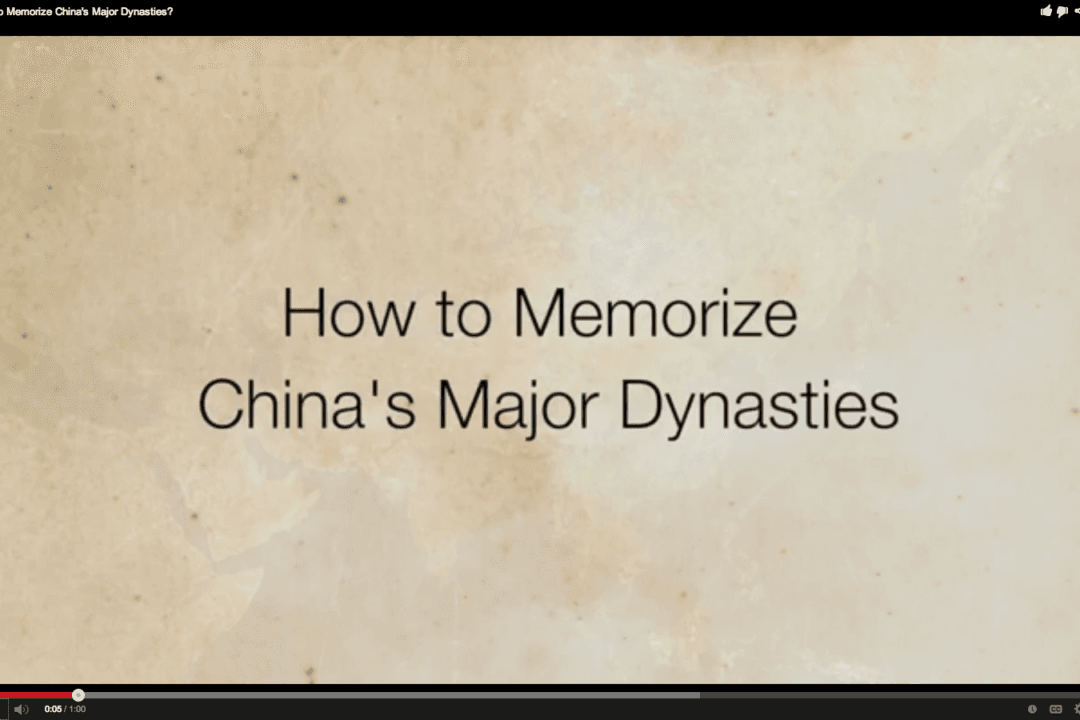News Analysis
Among the vanguard propaganda rolled out in the lead up to the “Two Meetings,” a major political event being held in Beijing this week, was a photo comparison: A shot from a press conference in 2001 juxtaposed with that from this year’s event. In the first, bouquets of fresh flowers were heaped across the dais. In the second, they had vanished.
“Media are all paying close attention to the new atmosphere at the Two Meetings,” an earnest newsreader with the official Hebei Satellite said. “The smell of frugality is all around.”
The boastful thriftiness is supposed to reflect the tone of the new leadership under Xi Jinping, who was made General Secretary of the Chinese Communist Party (CCP) last November.
But it was not received very well by an increasingly politically-savvy and plugged-in populace, who on a variety of online forums ridiculed the affected display, and pointed out that corruption is rife in the Party, which wastes much more money than a few flowers.
The current conclave—that is, of the National People’s Congress, and the Chinese People’s Political Consultative Conference, which gather in Beijing for two weeks of meetings—will be used to highlight some of the policies that Xi wishes to push forward early in his leadership.
The meetings are held every year, but this year’s event will see the new communist leadership coronated with their state roles: Xi Jinping will become the Chairman of the People’s Republic of China, and his right-hand-man, Li Keqiang, will replace Wen Jiabao as Premier.
Wen, still the current premier (the handover officially takes place on the last day of the meeting), gave his work report on March 5, highlighting what he called the achievements and failures of the leadership over the last five years.
Often given to public displays of emotion, at this year’s event Wen said in the concluding remarks to his 30-page work report: “Under the leadership of the Party Central Committee with Comrade Xi Jinping as General Secretary, let us unite as one and work hard to finish building a moderately prosperous society in all respects.”
Other matters that are expected to be put under discussion, or have policies implemented for, include a reshuffling of the bureaucracy, minor changes in control of state-owned enterprises, and measures to reduce the smog that chokes the country.
However, many observers of the Chinese political system regard the meetings mostly as a “flower vase” event, and an attempt to show that China is not actually ruled by a small group of men at the top. But the real power resides in the Communist Party that sits above the 3,000 delegates that have been called to Beijing.
Thus, none of the real business in the management of state affairs will be actually decided during the meetings, according to analysts.
“The issues that will be discussed are things that have already been decided,” says Cheng Xiaonong, a former aide to ousted reformist Chinese leader Zhao Ziyang. “The leadership just needs a rubber stamp. So now we will see the stamp being put on.”
That requires thousands of “people’s representatives,” dressed in the military and ethnic garb respectively, raising their hands to give the appearance of voting on one or another matter of public business.
These individuals are carefully vetted for political reliability, most of them are actually members of the Communist Party, and they are chosen by the Communist Party.
“For representatives to the Political Consultative Conference, it’s not a matter of whether the individual wants to do it or not,” says Ge Jianxiong, a delegate himself and the head librarian at Shandong University, in an interview with Financial Times Chinese.
“If it’s a non-party member, then the United Front Department submits your name, and if it’s a Party member, then the Organization Department submits your name, and Party Central approves them,” said Ge Jianxiong.
The all-encompassing Party control over the process, which was originally meant to show that Communist Party rule is mediated by other institutional forces, reveals the charade, according to Hu Ping, a senior commentator and analyst of the Chinese regime, based in New York.
“It’s a gathering of people reading the lines on a script,” he said in a telephone interview. “Even the identity of the people attending the event is selected. They may want some new faces, so if they need a woman, they find a woman, if they need a grassroots worker, then they get a grassroots worker. And if they need a peasant, they find a peasant.”
Hu Ping referred to an interview conducted in 2010 between the activist-artist Ai Weiwei and Li Yuxiao, the chief editor of the QQ web portal, one of the most frequented in China.
Li said that in 2006, when his company began reporting on the Two Meetings online, most of the comments from netizens were negative, but there were still some positive ones. But after that “It was 100 percent abuse toward the Two Meetings, the delegates, and Party leaders.”
“At that point we had no choice, we had to shut down the comment function. Because as soon as you looked you could see, they’ve completely lost the peoples’ hearts,” Li said.
For the 2013 meetings, comments have been reactivated, but most of them appear to be positive in nature—indicating that the regime’s notorious army of censors has intervened to filter out the critical ones.
“The situation is just a big joke,” says Hu Ping. “A big joke that everyone knows about.”




